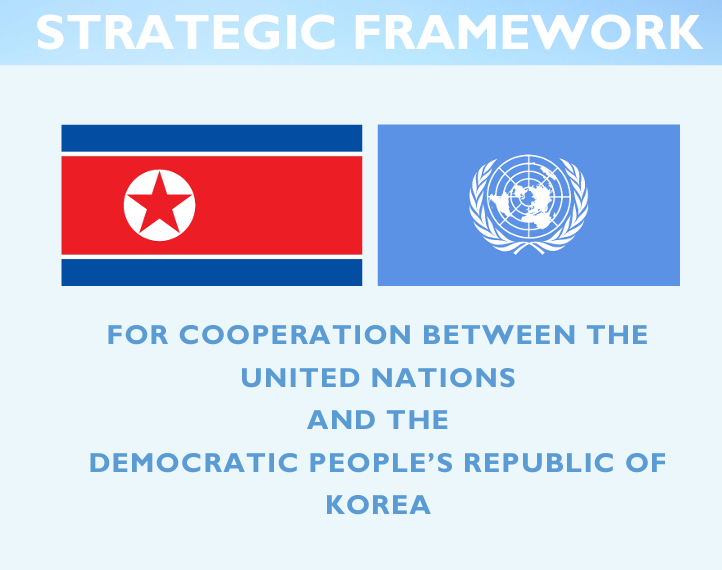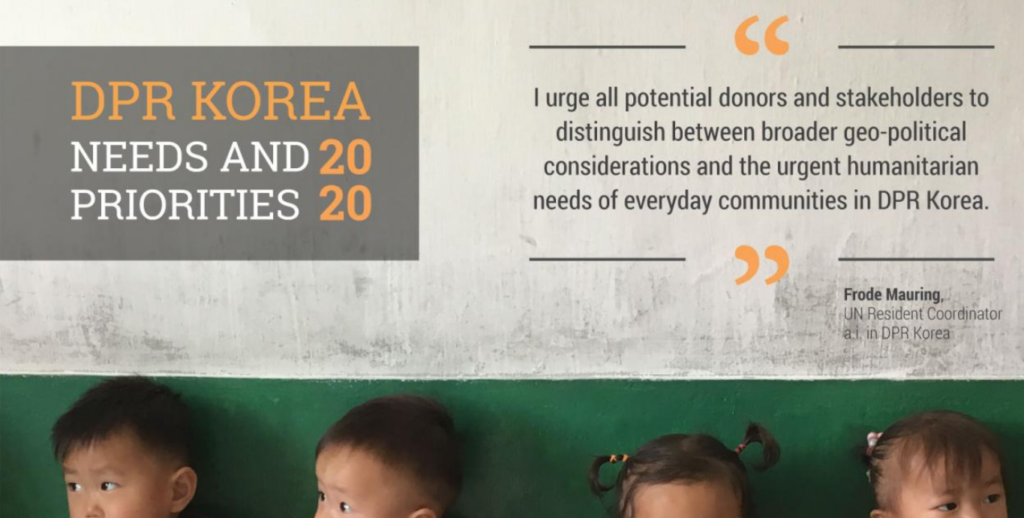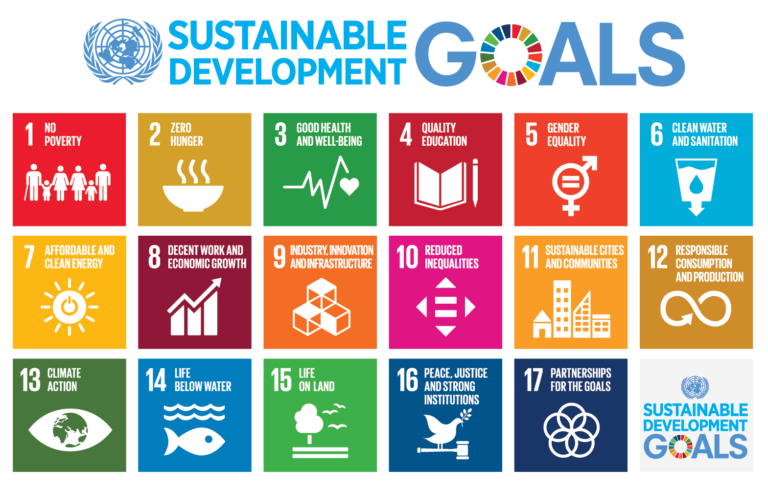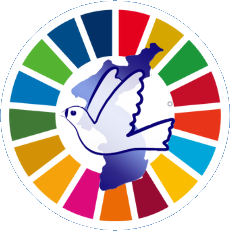Model UNSF
About PSCORE's Model UNSF
In order to give anyone over 18 the opportunity to simultaneously educate themselves on issues surrounding North Korea in reference to the Sustainable Development Goals (SDGs), and acquaint themselves with how the United Nations Strategic Framework operates, PSCORE is hosting the second Model United Nations Strategic Framework Conference in 2024.
The Model UNSF is an educational simulation of the United Nations Strategic Framework taking place from January 31st to February 2nd, 2024. PSCORE aims to both educate and empower passionate applicants all over the world. To uphold this ambition, the organization has decided to establish a multinational Organizing Committee for Model UNSF.
The conference aims to serve as a global platform where aspiring activists, diplomats, and leaders, from both Korean and international backgrounds, assemble to discuss and will aim to produce the next Strategic Framework based on the following focus groups:
- Food and Nutrition Security (SDG 2,9),
- Social Development Services (SDG 3,4,6),
- Resilience and Sustainability (SDG 7,11,12,13,15),
- Data and Humans Rights (SDG 16,17)
Model UNSF must be separated from the commonly known Model United Nations
conference, although it takes a similar structure. Participants, also known as delegates, will each represent a United Nations body (FAO, UNEP, UNESCO, UNICEF, UNISDR, UNOPS, WHO, UNDP, UN ESCAP, UNFPA, UNIDO, UN OCHA, WFP), the Democratic People’s Republic of Korea (DPRK), and the Republic of Korea (ROK) instead of all UN member states. Then, they will be placed into two focus groups– each focus group focuses on one strategic goal related to North Korea (one on nutrition security and sustainable food industry, and the other one on social development services and data transparency). Before attending the conference, delegates will be asked to conduct thorough research on the topics they are assigned, and draft position papers, formulate policy proposals and familiarize themselves with the rules of procedure.
Through the Model UNSF, PSCORE aims to spark an interest in, and extensively inform future world leaders about, the issues regarding the Sustainable Development Goals in North Korea, and to draft a position paper. The conference also provides participants with the opportunity to develop and improve public speaking, writing, and research skills; three competencies required for a future career in international affairs.
Strategic Framework between the UN and DPRK

This UN Strategic Framework (UNSF) sets out the agreed priorities for the UN’s country-level work in the Democratic People’s Republic of Korea (DPRK) over the five years 2017-2021. Which is a replacement of the previous framework covered 2011-2016. New priorities should be made for the next period, but it was canceled because of COVID-19 and the current political situation.
The objection of the UN’s work in the DPR Korea is to support and reinforce national efforts to improve the well-being of the people, paying particular attention to the most vulnerable groups. The UNSF is supposed to be viewed as a framework to guide the UN’s work, not as a programme. The essence of the UN’s work in the DPRK is not about resource transfer per se but rather about sharing and transferring international principles and values, standards, and know-how.
The overall strategy and approach of the UN is to support and reinforce national efforts to improve the well-being of the people, especially the most vulnerable groups, recognizing the primary responsibility for this need is DPRK government.
The UN’s own comparative advantage has prioritized to focus its work in DPR Korea on the four below listed areas:
- Food and Nutrition Security
- Social Development Services
- Resilience and Sustainability
- Data and Development Management

In addressing these four strategic priorities in collaboration with the DPRK Government, the Un will apply different approaches throughout its work; including the SDG, Human right-based approach, gender equality and the empowerment of women, pursue environmental sustainability, and institutional sustainability. For more detail on the strategic framework go to this website of UNSF.
Structure of UNSDG (United Nations Sustainable Development Group)
The 2030 Agenda for Sustainable Development, together with the Sustainable Development Goals, is an ambitious plan of action focused on basic human needs, people, and the planet. It includes the eradication of poverty in all its forms and dimensions, including extreme poverty, which is among the greatest global challenges. The SDGs are made of a set of 17 goals and 169 associated targets. These targets are unique, indivisible and interconnected. They seek to continue what was started under the MDGs, introducing new social, economic and environmental results, in order to better articulate what success would look like.
The seventeen sustainable development goals are:
- No Poverty
- Zero Hunger
- Good Health and Well-Being
- Quality Education
- Gender Equality
- Clean Water and Sanitation
- Affordable and Clean Energy
- Decent Work and Economic Growth
- Industry, Innovation and Infrastructure
- Reduced Inequalities
- Sustainable Cities and Communities
- Responsible Consumption and Production
- Climate Action
- Life Below Water
- Life on Land
- Peace, Justice and Strong Institutions
- Partnerships for the Goals
The new Agenda was announced during the historic Sustainable Development Summit held in September 2015, at the United Nations Headquarters in New York. 193 member states ratified the agenda, denominated “Transforming Our World: The 2030 Agenda for Sustainable Development” with the resolution 70/1. Such universal mobilization gave a new impetus to global efforts for achieving sustainable development.
The SDGs involve three dimensions of sustainable development: economic growth, social inclusion and environmental protection. These components are interconnected and necessary for the well-being of human beings and societies, making a “win-win” cooperation. Equally noteworthy, the 2030 Agenda reaffirms the importance of the Universal Declaration of Human Rights. The final purpose is to create, through the 2030 Agenda, benefits for everyone, starting from today’s generation to future generations. To implement such vision, a great spirit of global solidarity is required.

